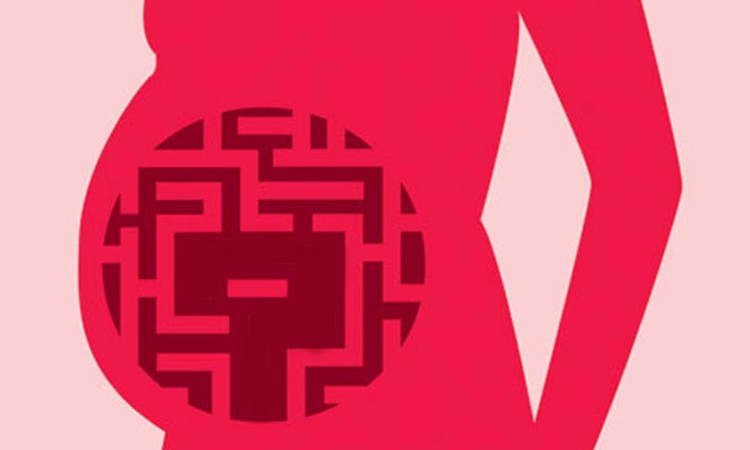Kerala High Court Permits Abortion Of Over 15-Week Pregnancy Of Mentally Challenged Rape Victim
Hannah M Varghese
27 July 2021 12:24 PM IST

Next Story
27 July 2021 12:24 PM IST
Taking on the role of parens patriae, the Kerala High Court on Monday permitted termination of an over 15-week pregnancy of a mentally challenged rape victim citing that it was in her best interests as she was incapable of making an informed decision on her own. Justice P. B Suresh Kumar permitted the Government Mental Health Centre and Sree Avittom Thirunal Hospital to carry out the...
